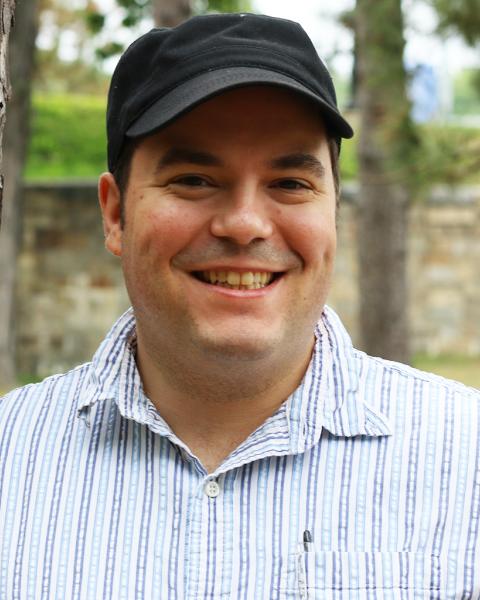Making Change
Drop in on one of Grace Tavares’ Nutrition Connections programs, and you may find her carefully measuring out tablespoons of vegetable shortening. One, two, three — she continues until she hits 22 tablespoons, the amount of fat in some popular fast food meals.
“New Americans might come from a culture where they’re not accustomed to fast food or processed foods,” Tavares says. “When they come here, they can be totally overwhelmed by choices and labels they don’t recognize, so we give them the information they need to find foods that will keep them healthy.”
Tavares and colleague Awilda Muniz are educators with UNH Extension’s Nutrition Connections, which provides free nutrition education to low-income families with children and seniors. Adults with children and seniors who receive SNAP, WIC and other benefits qualify for the program, which includes group classes, cooking workshops, grocery store visits and individual meetings.
"There are so many other components to making progress towards a healthy lifestyle. Our message to participants is, 'Make a small change.'"
Nutrition Connections programs have a big impact. Last year, the programs reached 1,857 adults and more than 5,300 youth in New Hampshire. Recent successes include a slow-cooker workshop hosted in partnership with the Nashua Soup Kitchen and Shelter, which provided the five participants with slow cookers to use at home. Nutrition Connections educators also partner with the Manchester Food Bank as well as Keystone Hall, a drug and alcohol rehabilitation program in Nashua.
“It’s not just about food,” Muniz says. “There are so many other components to making progress towards a healthy lifestyle. Our message to participants is, ‘Make a small change.’”
Muniz and Tavares specialize in delivering programs to audiences who don’t speak English. From classes on shopping on a budget and preparing easy, healthy meals to food safety and positive lifestyle changes, the two women work with recent immigrants, refugees and others to make positive changes — in their own lives and in their communities.
Communicating those changes across multiple languages and cultural differences can be a challenge. A typical class might have people from Mexico, the Dominican Republic, Colombia and Puerto Rico, Tavares says, and while there might be some overlap in language and culture, there are plenty of differences. Working out those differences and finding commonalities creates a strong bond.
“You discover there are cultural differences in storing food; maybe they come from a place without a lot of refrigeration or processed foods,” Tavares says. “So we have a class helping them identify what goes where in the home, show them how to keep leftovers. When you help people survive, there’s an immediate bond that makes the work meaningful.”

